Of all the odd, frustrating, and oddly frustrating twaddles Elon Musk has been in the news for lately, none have struck a chord with me to the extent of his dismissive comments on chess. (Okay, the whole “turning off Starlink” thing is a close second.)
Sure, the news cycle has come and gone already, but X Æ A-12 Sr.’s remark left a mark, for it is actually a great conversation starter: What’s the point of playing chess in the supercomputer era? A lot, as it turns out. There’s no other mirror into your soul like putting your thoughts to the test at the board.
Let’s start off with the money quote, shall we?
“Chess is a simple game,” Musk said on March 6, 2022. “Understandable when all we had to play with were squirrels and rocks, but now we have computers.”
Ah yes, chess, the famously simple game that never flummoxed anyone, and has been mastered by countless people around the world, playing faultless games without even breaking a sweat. Not something that survived millennia, no, and not something that is living one of its many renaissances right now, both in the popular imagination and the competitive space. Nah, it’s just an added bonus in a cave alongside squirrels and rocks, far too basic for a rocket-launching, rocket-launching, tunnel-digging, self-driving, Twitter-destroying billionaire.
And yet, there does seem to be this fascination with the royal game among the elite. Bill Gates lasted a whopping 11 seconds against Magnus Carlsen, and India’s youngest billionaire, Nikhil Kamath, saw fit to cheat against his country’s only world champion in a charity event. Of course, neither of these showy moments can replicate the real treasure of chess: Sitting across the board with another person, taking the plunge, trying to refute their thoughts one move at a time.
Perhaps it’s no coincidence that both of my favorite chess people, each with a penchant for flair, have likened chess to the backwoods. Legendary tactician Mikhail Tal said that “you must take your opponent into a deep dark forest where 2+2=5, and the path leading out is only wide enough for one,” and chess-and-martial-arts-champion Josh Waitzkin likened the game to a “black-and-white jungle.”
There’s always a moment when your plans fall apart when things don’t quite make sense, you overlooked something, you can’t quite see far enough ahead, the vines begin to creep up on you, and you have to find a way out. From novice patzer to world championship contender, the feelings are all too familiar and nearly the same. Just look at this moment of agony and collapse in the last World Chess Championship match:
We’re now decades past the point when humans could out-calculate the deep and precise lines of computers. Even though the game is not yet solved, it seems increasingly likely that supercomputer-level play almost always leads to a draw. No matter how much you prepare with an engine at home, there’s a point when your preparation runs out, and you won’t be able to replicate the silicon life form’s cold precision. Your opponent will surprise you. You will forget things. Time will start ticking down, and you will have to choose between making a better move now or less worse ones later.
Moments like this, the pressure and the inevitable adversity, serve as a better look at yourself than any mirror could. Playing chess in a tournament setting has simultaneously brought some of the most humbling and humiliating experiences of my adult life alongside real moments of visceral, animalistic feelings of joyous distraction. And yes, I may have also muttered Aaron Nimzowitsch’s legendary quote under my breath on a few occasions: “Must I lose to this idiot?”
A family sedan can outpace Usain Bolt. An F1 car can destroy that family sedan. And sure, an open-source engine can make a mockery of any grandmaster. And yet, the notion of trying to grasp something just beyond your reach, while trying to outdo someone else in an intensely intimate and personal competition remains timeless. Even if the game is simple in the eyes of a computer, it’s complicated enough to ensure that the human struggle remains relevant—and exciting.
So, Mr. Musk, and everyone else who may feel like chess is beneath them: Give tournament play a try, no matter your level. Once you leave behind the computer prep and leap into the black-and-white jungle, you’ll find that you don’t have much more than a stick. Then again, maybe you wouldn’t like what you see.




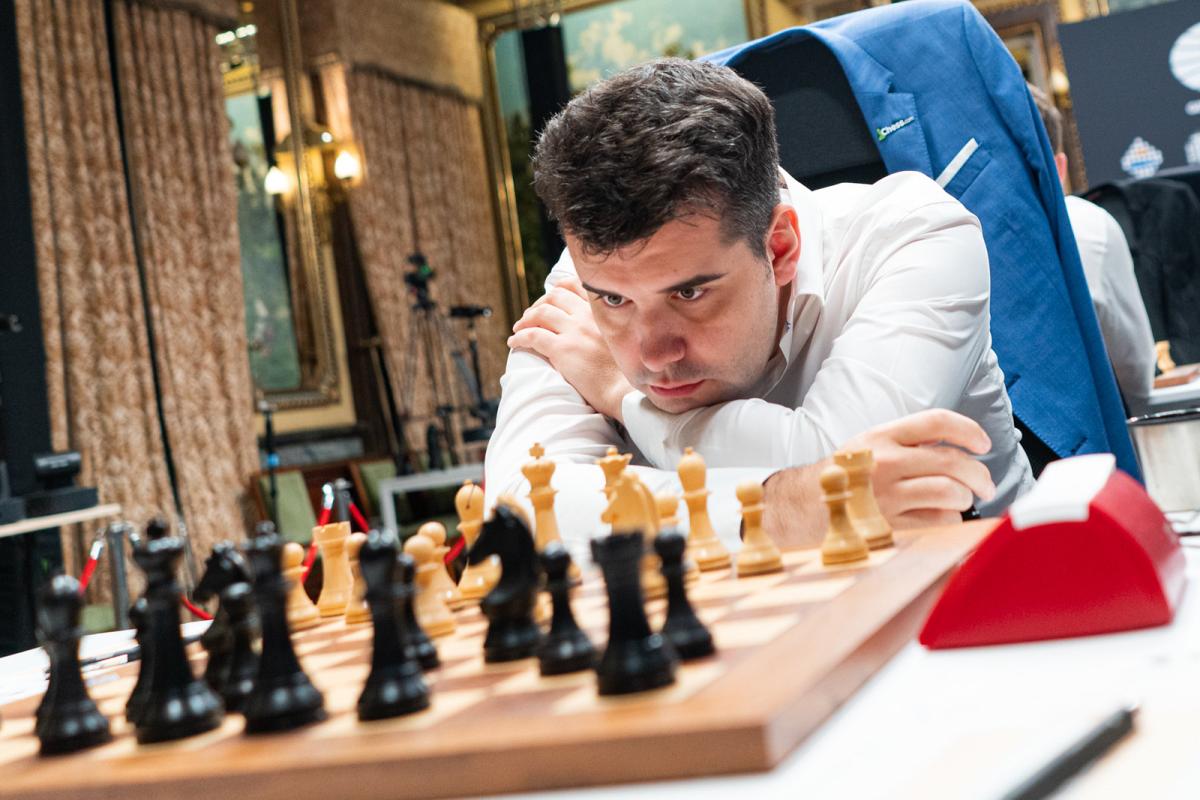
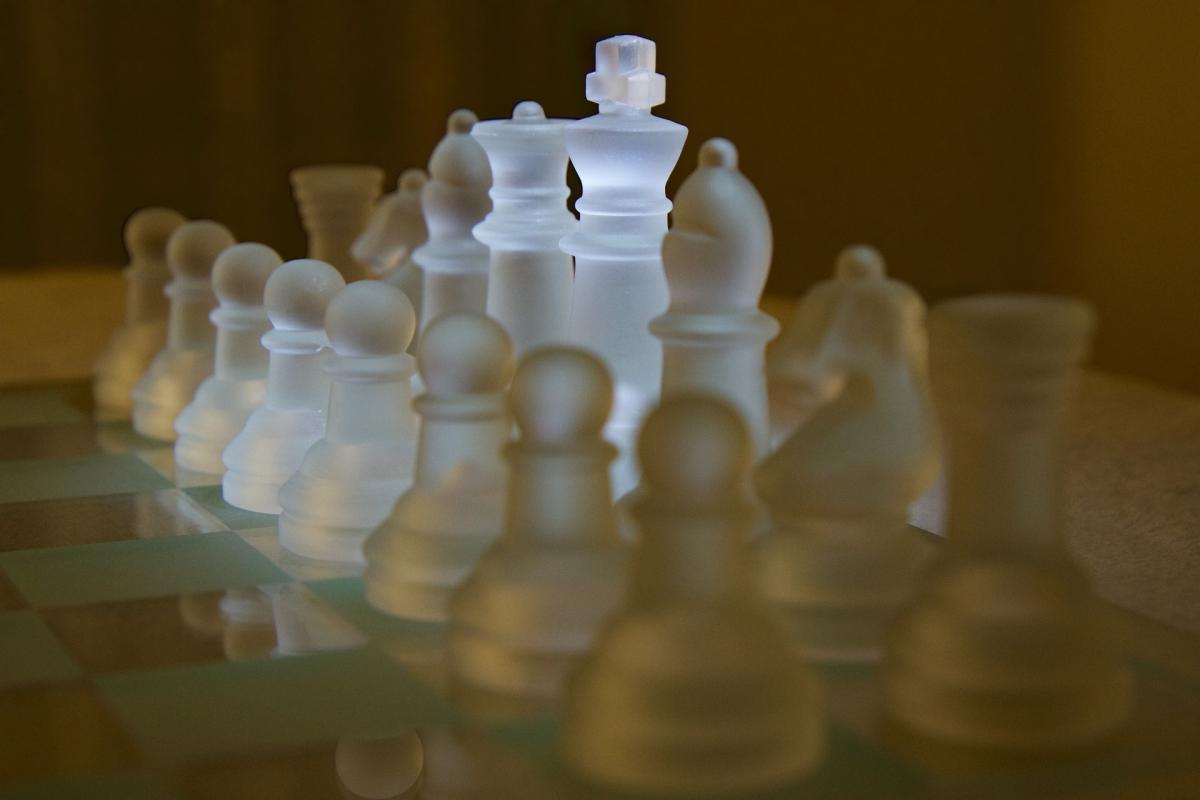
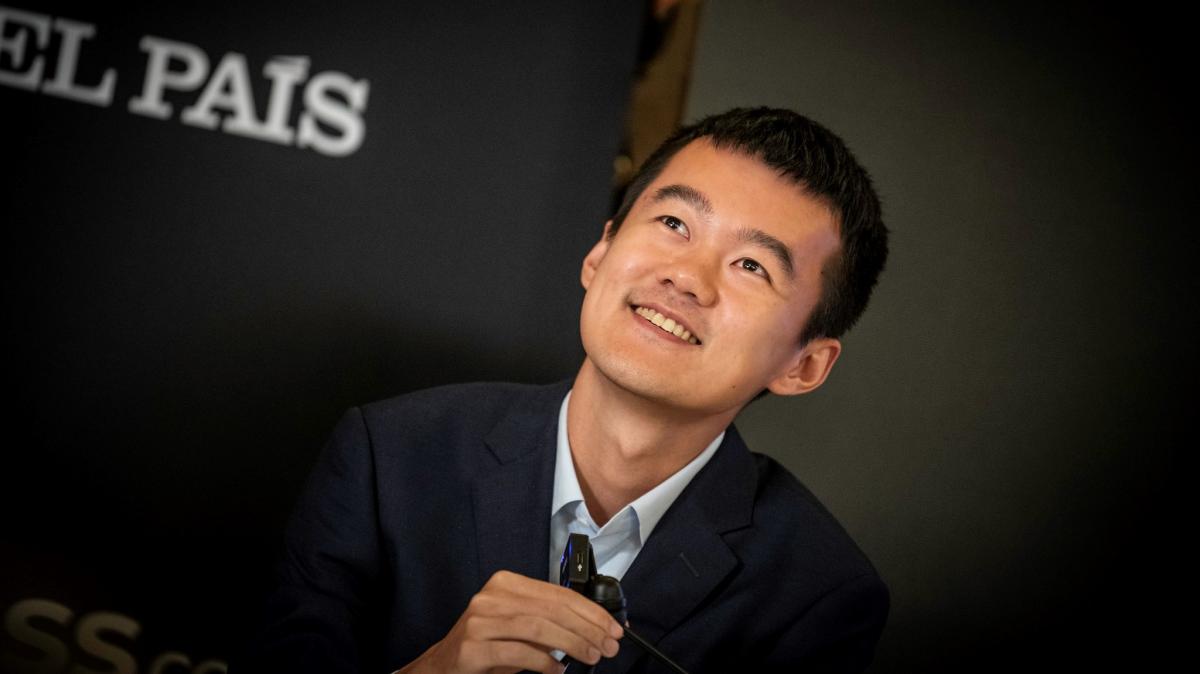
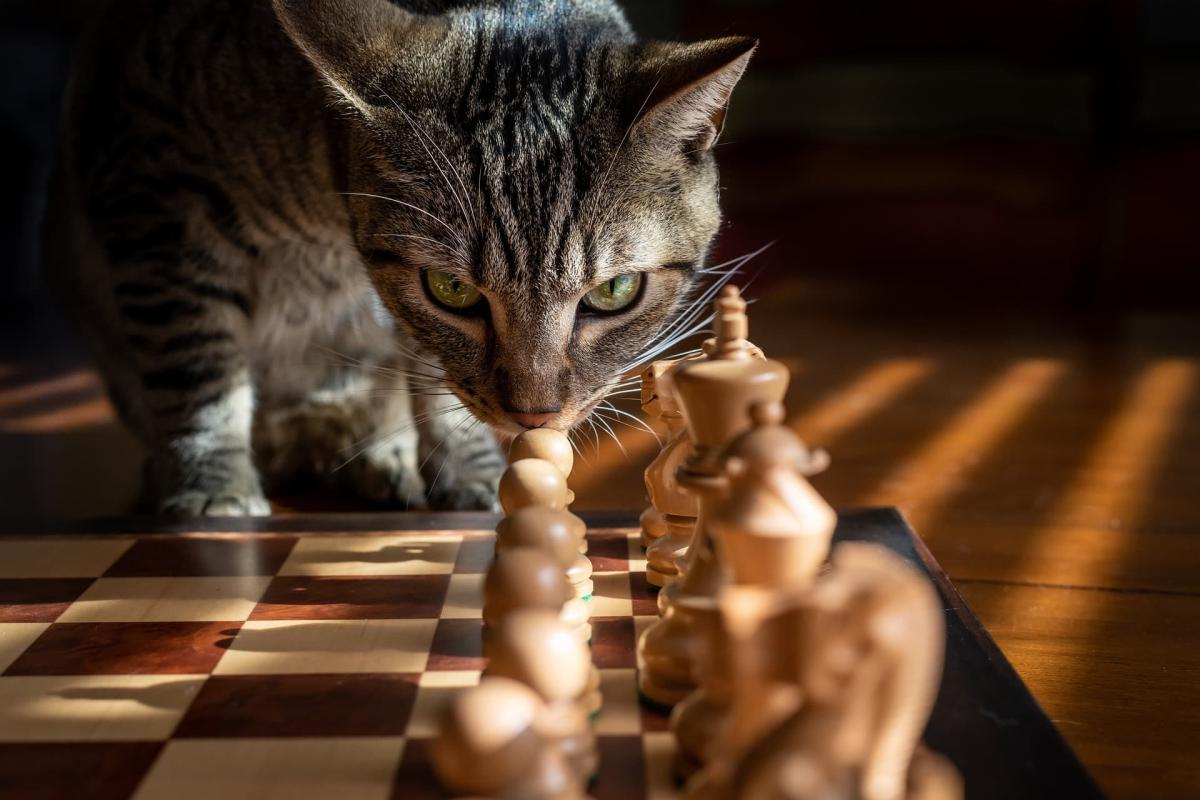
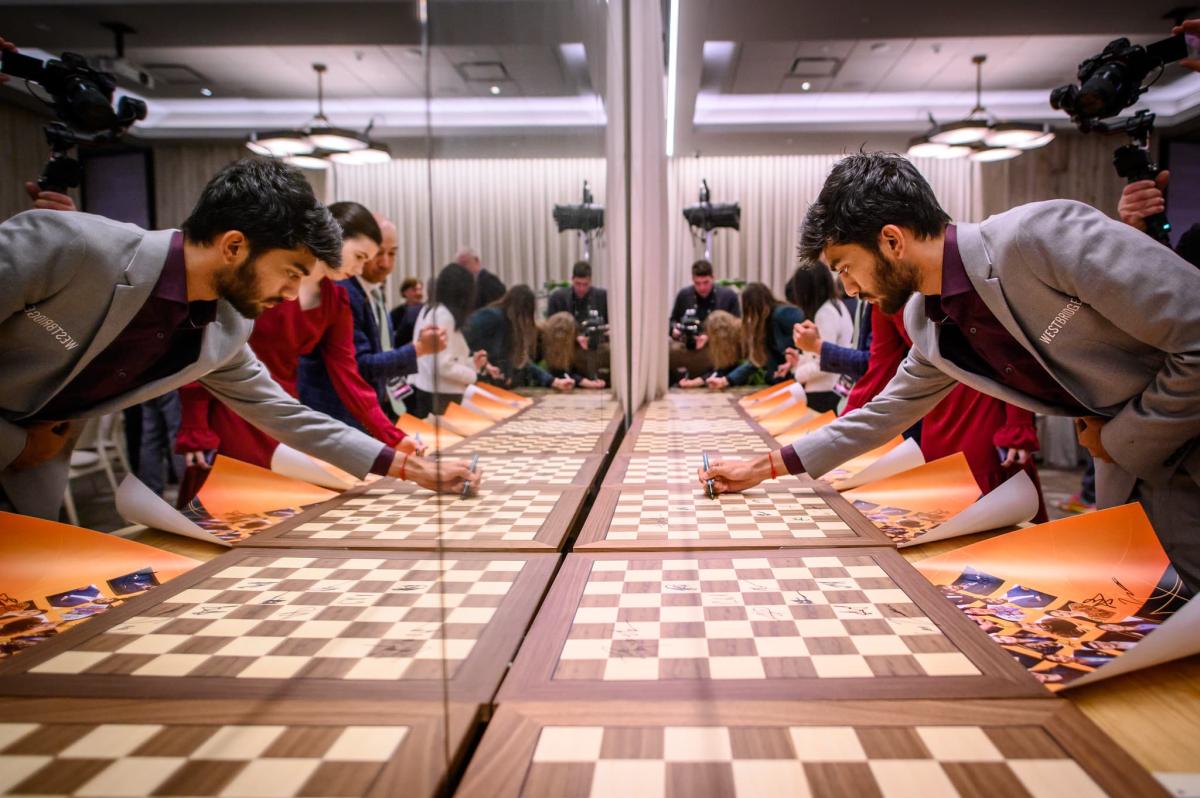
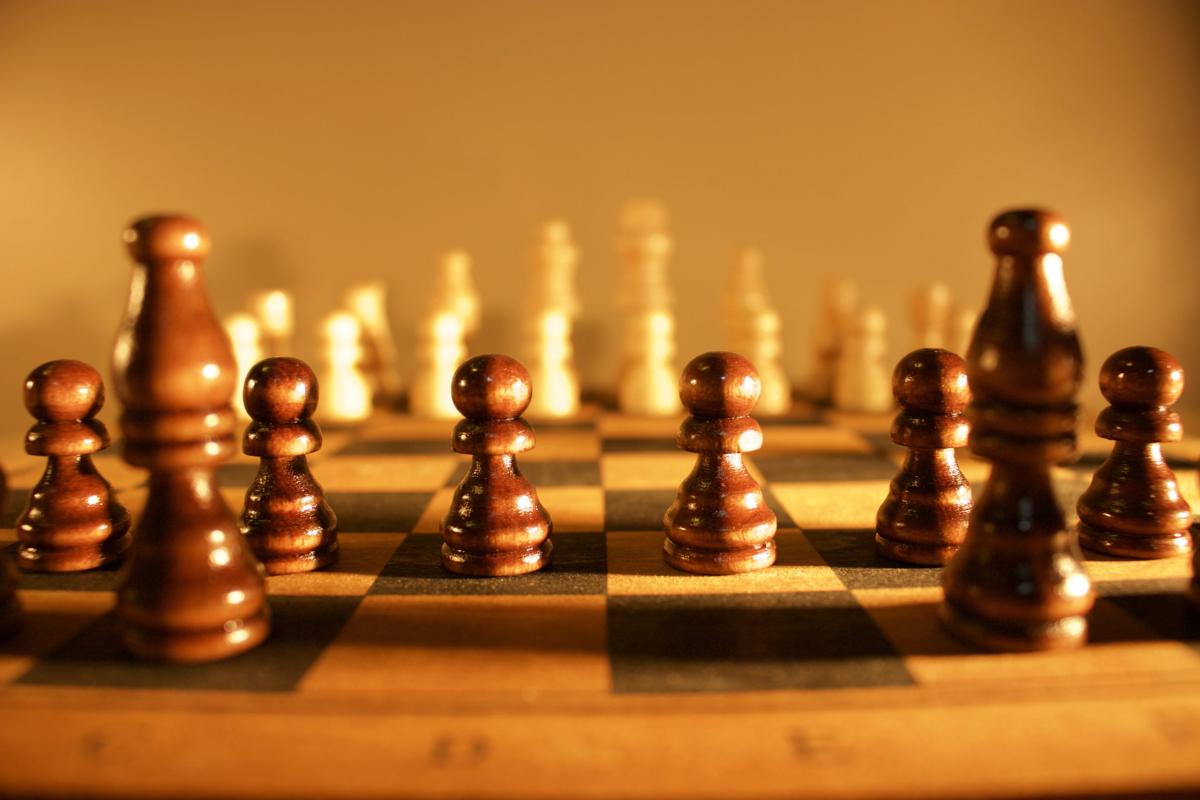


Published: Sep 15, 2023 04:58 am